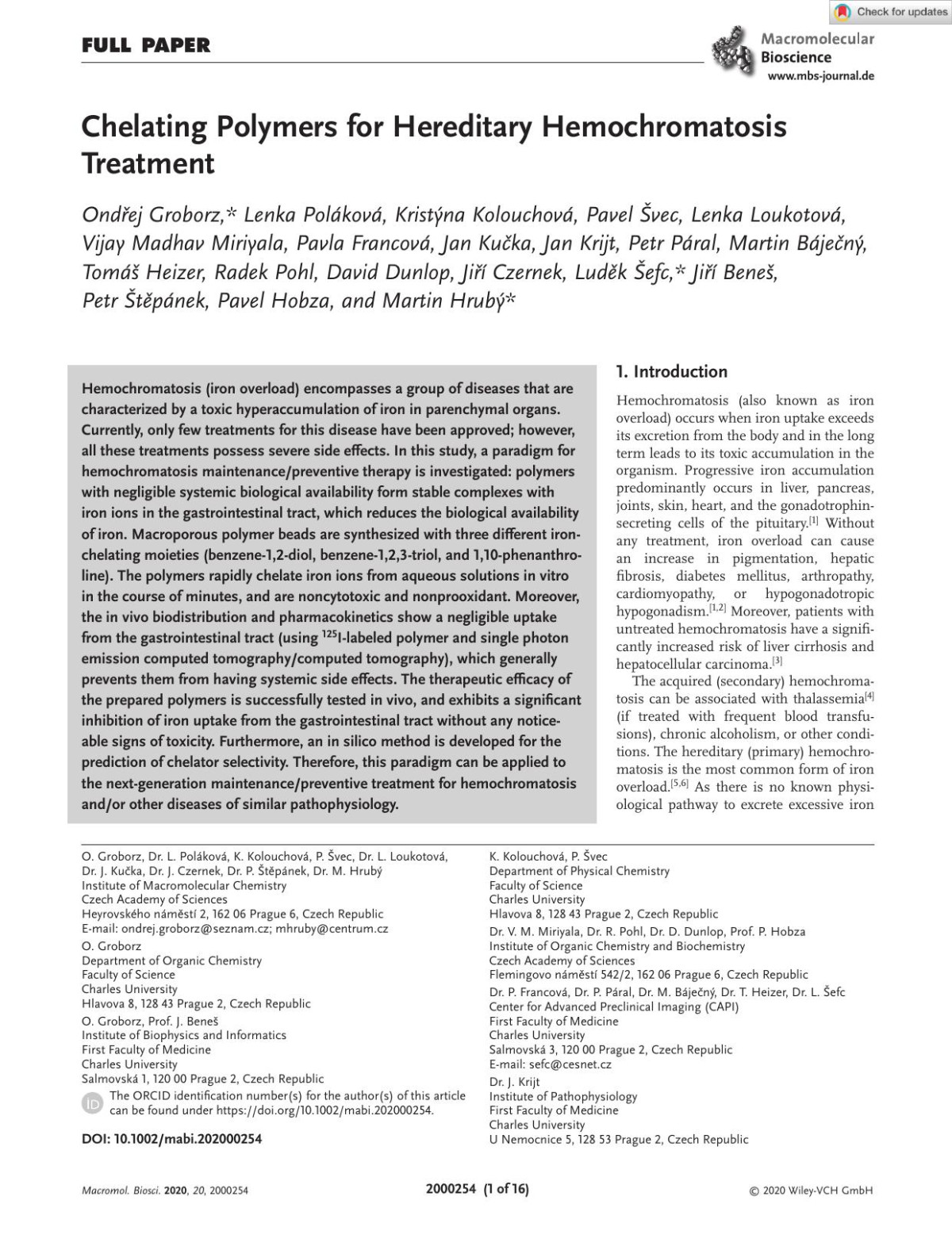

Most ebook files are in PDF format, so you can easily read them using various software such as Foxit Reader or directly on the Google Chrome browser.
Some ebook files are released by publishers in other formats such as .awz, .mobi, .epub, .fb2, etc. You may need to install specific software to read these formats on mobile/PC, such as Calibre.
Please read the tutorial at this link: https://ebookbell.com/faq
We offer FREE conversion to the popular formats you request; however, this may take some time. Therefore, right after payment, please email us, and we will try to provide the service as quickly as possible.
For some exceptional file formats or broken links (if any), please refrain from opening any disputes. Instead, email us first, and we will try to assist within a maximum of 6 hours.
EbookBell Team

0.0
0 reviewsHemochromatosis (iron overload) encompasses a group of diseases that are characterized by a toxic hyperaccumulation of iron in parenchymal organs. Currently, only few treatments for this disease have been approved; however, all these treatments possess severe side effects. In this study, a paradigm for hemochromatosis maintenance/preventive therapy is investigated: polymers with negligible systemic biological availability form stable complexes with iron ions in the gastrointestinal tract, which reduces the biological availability of iron. Macroporous polymer beads are synthesized with three different ironchelating moieties (benzene-1,2-diol, benzene-1,2,3-triol, and 1,10-phenanthroline). The polymers rapidly chelate iron ions from aqueous solutions in vitro in the course of minutes, and are noncytotoxic and nonprooxidant. Moreover, the in vivo biodistribution and pharmacokinetics show a negligible uptake from the gastrointestinal tract (using 125I-labeled polymer and single photon emission computed tomography/computed tomography), which generally prevents them from having systemic side effects. The therapeutic efficacy of the prepared polymers is successfully tested in vivo, and exhibits a significant inhibition of iron uptake from the gastrointestinal tract without any noticeable signs of toxicity. Furthermore, an in silico method is developed for the prediction of chelator selectivity. Therefore, this paradigm can be applied to the next-generation maintenance/preventive treatment for hemochromatosis and/or other diseases of similar pathophysiology.